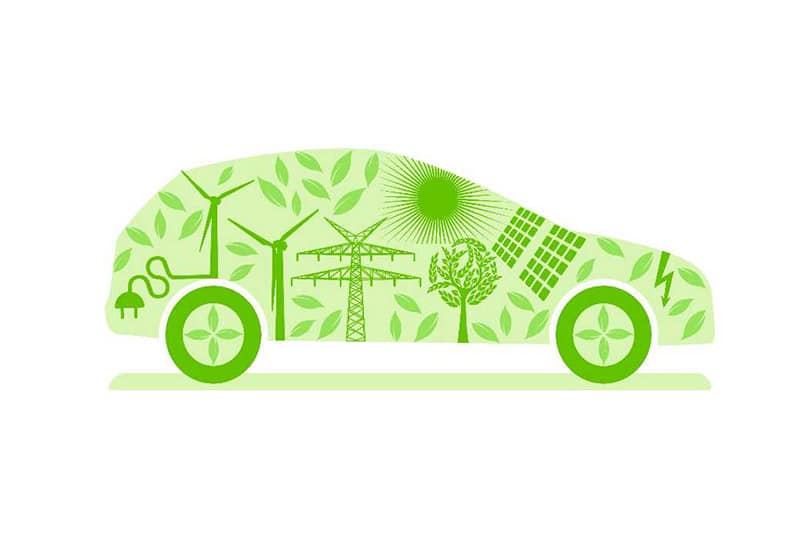In the spirit of the holidays, we’re keeping things light this week with a recent article from Science Daily on how scientists have recently discovered a way to create fuel using beer as a key ingredient. Here are the bullets:
- Chemists at the University of Bristol have taken the first steps toward making sustainable fuel using beer
- One of the most widely used alternatives to gas is bioethanol, but ethanol is not an ideal replacement for gas, as it has issues such as lower energy density, it mixes too easily with water, and can be fairly corrosive to engines
- A much better fuel alternative is butanol, but it’s difficult to make from sustainable sources
- Scientists have been working to develop technology that will convert widely-available ethanol into butanol
- This has been demonstrated in lab conditions with pure, dry ethanol, but it needs to work with real ethanol fermentation broths if there’s any hope of producing at scale
- These broths contain ~90% water and other impurities
- The technology used to convert ethanol into butanol is called a catalyst — these are chemicals which can speed up and control a chemical reaction
- The Bristol team’s key finding is that their catalysts will convert beer (or specifically, the ethanol in beer) into butanol
- By demonstrating that catalysts work with a ‘real’ ethanol mixture, the team have demonstrated a key step in scaling this technology up to industrial application
- The process wouldn’t use beer on an industrial scale, but there are ways to obtain ethanol for fuel from fermentation that produce something that chemically is very much like beer — so beer is an excellent model to test the technology
- The next step is to build this larger scale process, which could take as long as five years
- The team is now trying to understand what makes their catalysts so successful
While light-hearted in nature, this is actually a very important step forward in the use of butanol as a viable and sustainable fuel source. We’re excited to hear about this, and we look forward to working with OEMs that take advantage of new developments in alternative fuels such as this. If you’re working on a new engine or vehicle project that needs EPA or CARB certification, please contact us below.


